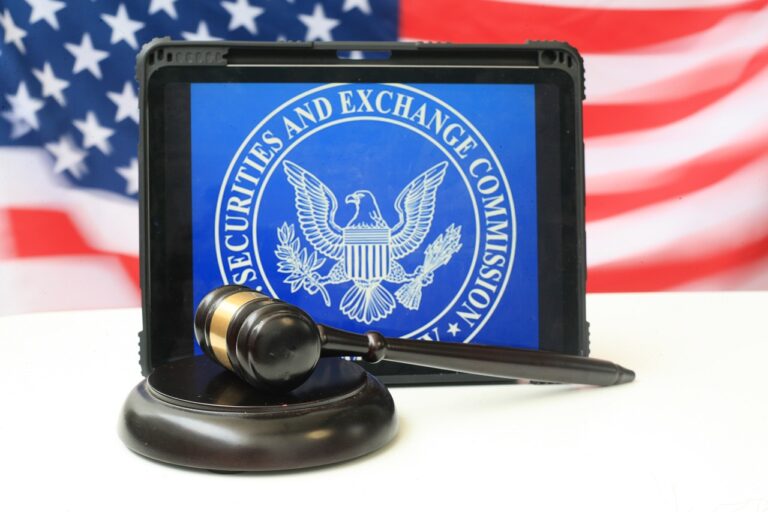The SEC v. Ripple Labs lawsuit has been a significant legal battle in the crypto world. On July 13, 2023, Hon. Analisa Torres, a district judge at the United States District Court for the Southern District of New York, delivered a complex ruling in the case, which was initiated in December 2020.
The SEC had accused Ripple Labs and its senior executives, Bradley Garlinghouse and Christian A. Larsen, of unlawfully offering and selling securities, breaching Section 5 of the Securities Act of 1933. Both parties submitted their summary judgment motions, leading to a mixed ruling. The court granted the SEC’s motion for summary judgment concerning Institutional Sales but denied it for other matters. The SEC’s motion for summary judgment on the aiding and abetting claim against Larsen and Garlinghouse was denied. Regarding Larsen’s and Garlinghouse’s XRP Sales, the judge stated that these sales were programmatic and that neither party knew the identity of the other; thus, the record could not establish the third Howey prong for these transactions. Judge Torres clarified that XRP, as a digital token, does not embody the Howey requirements of an investment contract.
Prominent crypto lawyer Fred Rispoli took to micro-blogging platform X on August 24, 2023, to share his belief that the trial against the two Ripple Labs executives may never take place.
Here’s why Rispoli thinks so:
- Pressure Tactics: Rispoli argues that suing Garlinghouse and Larsen was a strategy to pressure Ripple into a weak settlement position.
- Witness Challenges: Imagining key SEC figures on the witness stand, Rispoli believes figures such as Hinman and Clayton could be tied to their roles in the “Trump Administration,” which might not sit well with a New York City jury.
- Proving Recklessness: Rispoli questions how the SEC could prove recklessness regarding institutional sales of XRP when the defendants can point to programmatic sales as being acceptable (since that is what Judge Torres said in her ruling)
- Weak Evidence: The evidence concerning domestic vs. international sales is considered weak for the SEC, according to Rispoli.
- Reorganization of SEC’s Trial Team: The recent reorganization of the SEC’s trial team may indicate internal challenges.
- Back-to-Back Trials for SEC: The SEC’s tight trial schedule may hinder its ability to focus on this case.
- Lack of Bargaining Chips: Rispoli suggests that the SEC has no bargaining chips left if Judge Torres denies the motion for an interlocutory appeal.
Featured Image Credit: Photo / illustration by “sergeitokmakov” via Pixabay









